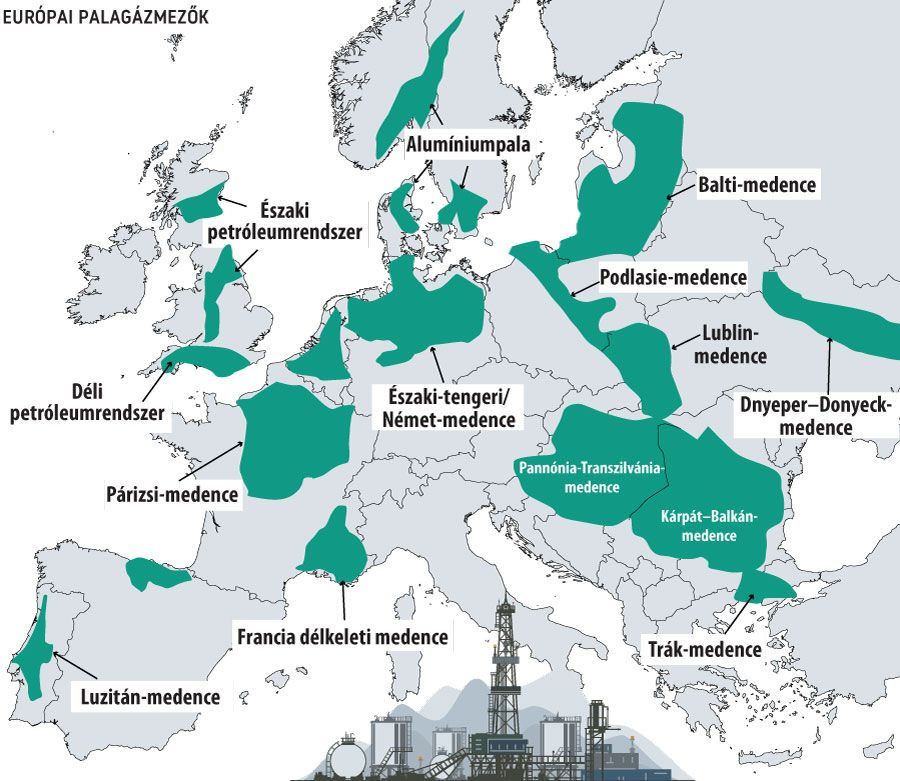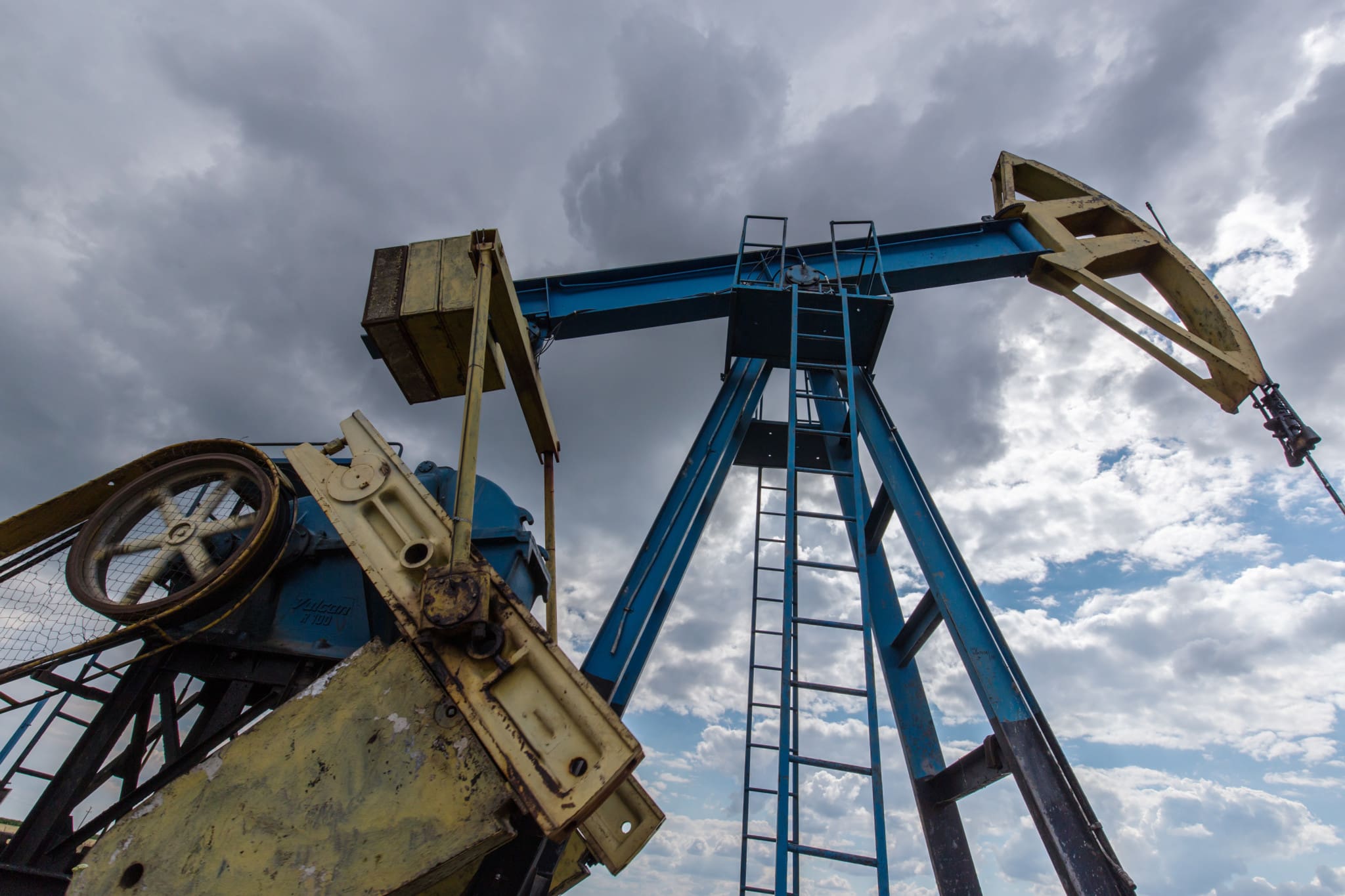According to estimates, there is more shale gas under Europe than in the United States, yet the continent supposedly needs imports as a result of fracking restrictions due to high population density and popular dissent.
At a time of soaring energy prices in Europe, the question arises again as to what prevents Europe from using hydraulic fracturing, which significantly expanded American gas production. There is strong public suspicion on the continent of the process that helps extract shale gas, and the conditions are also different from those in the United States.

However, with the EU importing 155 billion cubic meters of Russian gas in 2021, finding new sources could be key. The steps taken so far — such as LNG shipments, increasing the use of renewable energy sources, modernizing heating and similar solutions — could only replace 102 billion cubic meters of the missing shipments this year.
Meanwhile, the new U.K. prime minister, Liz Truss, announced last week that she would end the moratorium on fracking introduced back in 2019. Although Britain is no longer a part of the EU, the decision could reignite debate over shale gas production in countries where government bans previously prevented the technology from being used.
Among others, Germany, France, the Netherlands, and Bulgaria have decided to ban the fracking process, while only two similar wells are in operation on the British Isles from the time before the moratorium.
[pp id=48239]
Although some estimates suggest that the European Union has larger reserves of shale gas than the United States, except for Ukraine, which has long wanted to rid itself of Russian gas, no meaningful exploitation of these reserves is taking place anywhere on the continent.
However, despite the high reserves, European production is limited by the fact that, compared to what is experienced on the other side of the Atlantic, the population density is much higher and the population’s resistance to the procedure is also greater. The technology is also believed to increase the frequency of earthquakes. In 2013, protesters in a small village near London prevented drilling from continuing, and similar events took place in Poland a year earlier.





